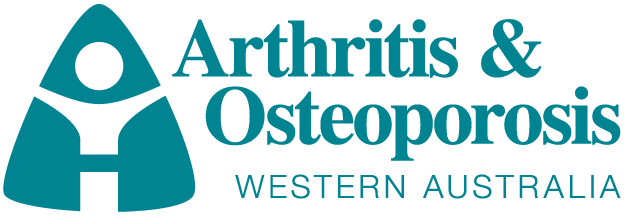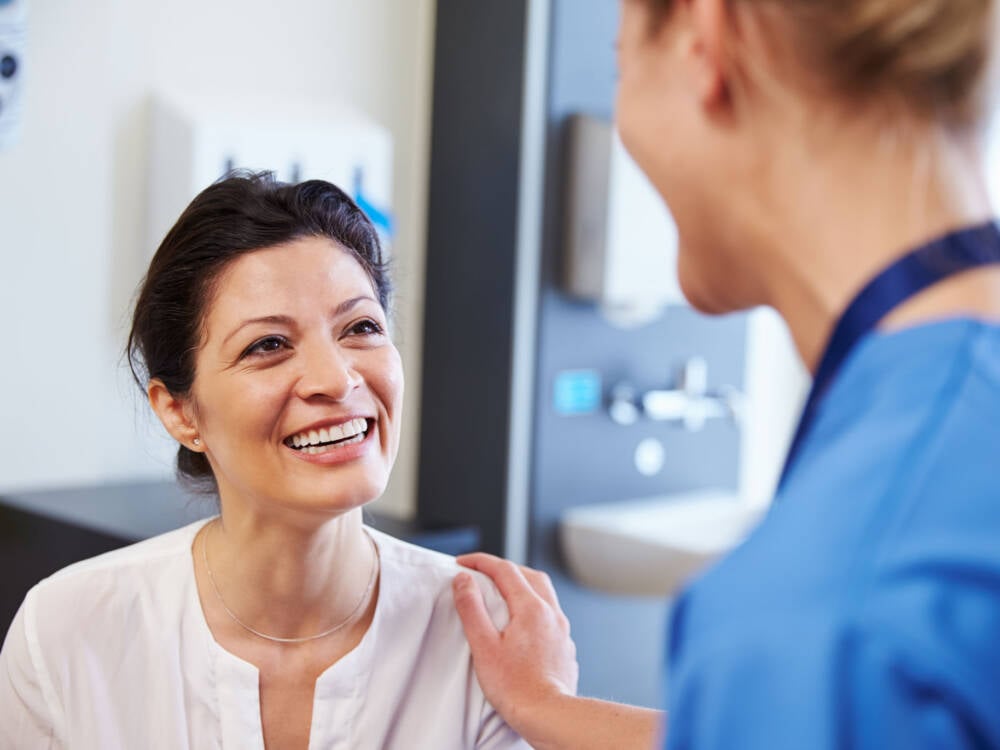Polyarticular (say: pah-lee-ar-tik-yoo-lur) JIA is the second most common type of JIA. It affects five or more joints within the first six months of being diagnosed with JIA.
There are two types of polyarticular arthritis:
• Rheumatoid factor (RF)-positive polyarticular arthritis, associated with the presence of an RF antibody in the blood.
• Rheumatoid factor (RF)-negative polyarticular arthritis, where there is no RF antibody in the blood. You will learn more about these blood tests in “Blood tests and JIA.”
Quick facts about RF positive-polyarticular JIA

Here are some facts about RF-positive polyarticular JIA:
• It affects 5% to 8% of young people with JIA.
• It can occur at any age, but is more common in young people older than 10 years of age.
• It is more common in girls than boys.
• It affects both the small joints of the hands and feet, and large joints like the knees, hips, and ankles.
• It affects joints on both sides of the body.
• It is similar to one common adult type of arthritis, called rheumatoid arthritis.
• There is a low risk of eye disease.
• More severe inflammation may occur with this type of JIA.
With this type of JIA, you may also have other symptoms:
• Rheumatoid nodules, which are hard bumps under the skin.
• Anaemia, which is a low red blood cell count or reduced haemoglobin level in your blood.
• Significant fatigue, which means you feel more tired than normal.
• A poor appetite, sometimes with some weight loss.
• A low grade fever, which is less than 38.5 degrees Celsius (101.5 degrees Fahrenheit).
• Not feeling well in general.
These symptoms occur when the disease is active and untreated. The symptoms will improve with proper treatment.
Quick facts about RF-negative polyarticular JIA

Here are some facts about RF-negative JIA:
• It occurs in about 20% of young people who have JIA.
• It can occur at any age up to 16 years.
• It is more common in girls than boys.
• It usually starts in many joints at the same time.
• In some young people, it will start in only one or two joints and then spread to other joints during the first six months.
Some young people only have polyarticular JIA for a limited period of time while others may have it for many years. This type of JIA is more likely to last into adulthood.
In general, most young people with polyarticular arthritis will require treatment with biologic medication and
disease modifying anti-rheumatic drugs (DMARDs)
to control the joint inflammation. If active disease is not well controlled, young people with this type of JIA can develop joint damage, disability or have problems with their growth.



